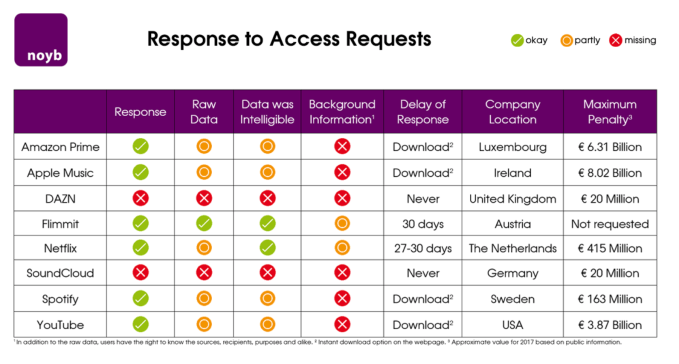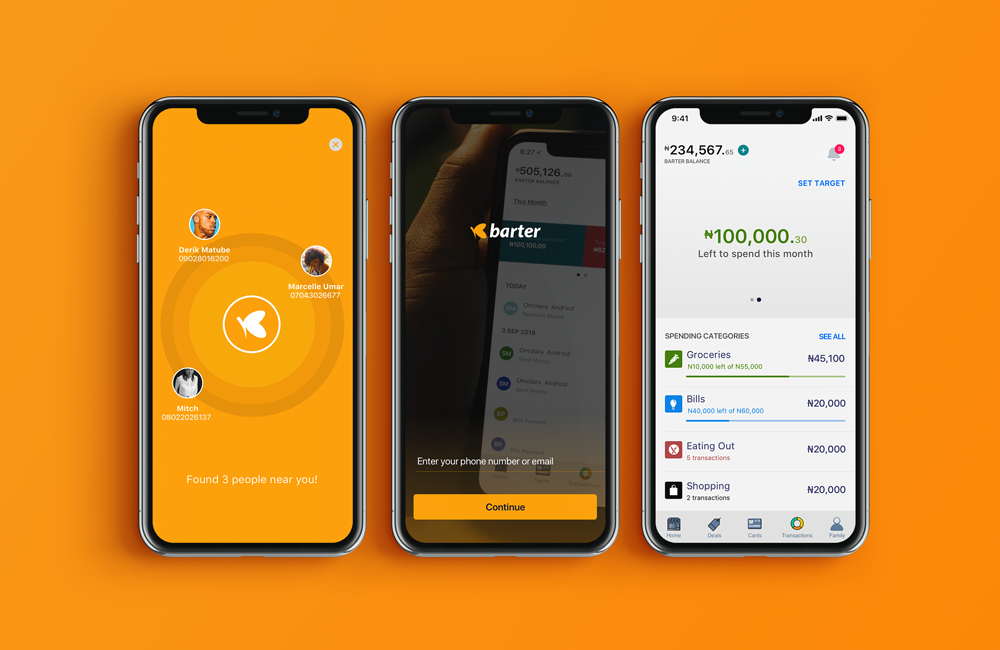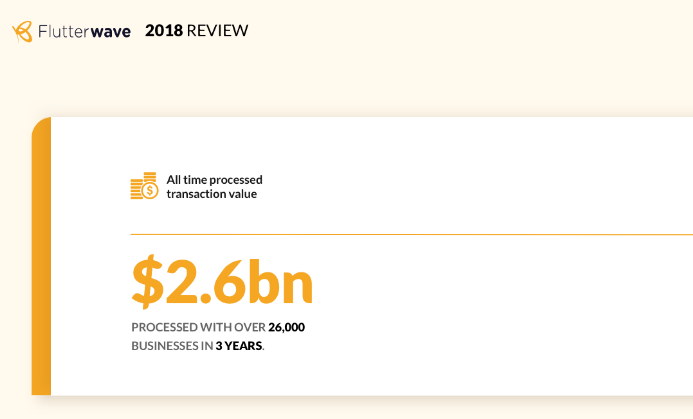Google is removing apps from Google Play that request permission to access call logs and SMS text message data but haven’t been manually vetted by Google staff.
The search and mobile giant said it is part of a move to cut down on apps that have access to sensitive calling and texting data.
Google said in October that Android apps will no longer be allowed to use the legacy permissions as part of a wider push for developers to use newer, more secure and privacy minded APIs. Many apps request access to call logs and texting data to verify two-factor authentication codes, for social sharing, or to replace the phone dialer. But Google acknowledged that this level of access can and has been abused by developers who misuse the permissions to gather sensitive data — or mishandle it altogether.
“Our new policy is designed to ensure that apps asking for these permissions need full and ongoing access to the sensitive data in order to accomplish the app’s primary use case, and that users will understand why this data would be required for the app to function,” wrote Paul Bankhead, Google’s director of product management for Google Play.
Any developer wanting to retain the ability to ask a user’s permission for calling and texting data has to fill out a permissions declaration.
Google will review the app and why it needs to retain access, and will weigh in several considerations, including why the developer is requesting access, the user benefit of the feature that’s requesting access, and the risks associated with having access to call and texting data.
Bankhead conceded that under the new policy, some use cases will “no longer be allowed,” rendering some apps obsolete.
So far, tens of thousands of developers have already submitted new versions of their apps either removing the need to access call and texting permissions, Google said, or have submitted a permissions declaration.
Developers with a submitted declaration have until March 9 to receive approval or remove the permissions. In the meantime, Google has a full list of permitted use cases for the call log and text message permissions, as well as alternatives.
The last two years alone has seen several high profile cases of Android apps or other services leaking or exposing call and text data. In late 2017, popular Android keyboard ai.type exposed a massive database of 31 million users, including 374 million phone numbers.
from Android – TechCrunch https://tcrn.ch/2ASigEJ
via IFTTT



